-

Galit Alter, PhD
Professor of Medicine, Ragon Institute of MGH, MIT and Harvard
Dr. Alter’s work focuses on the development of systems biology tools to define the correlates of immunity against infectious diseases that ravage the globe including HIV, malaria, Tuberculosis, Ebola, Influenza and many others. -
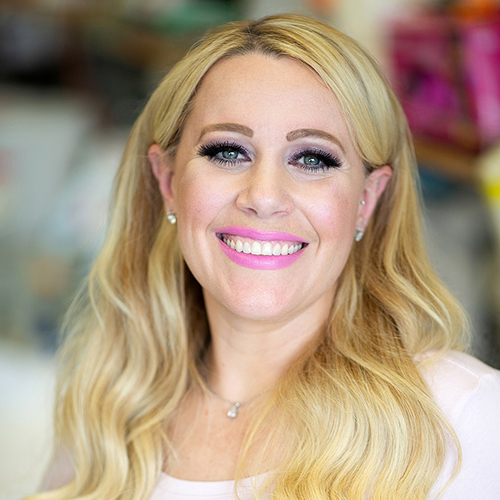
Janelle Ayres, PhD
Professor, Howard Hughes Medical Institute Investigator, Salk Institute for Biological Studies
Dr. Ayres studies evolutionary theory and microbes to understand how our physiological systems and brain interact with each other to promote optimal health, and is paving the way to an entirely new understanding of normal and dysfunctional biological processes. -
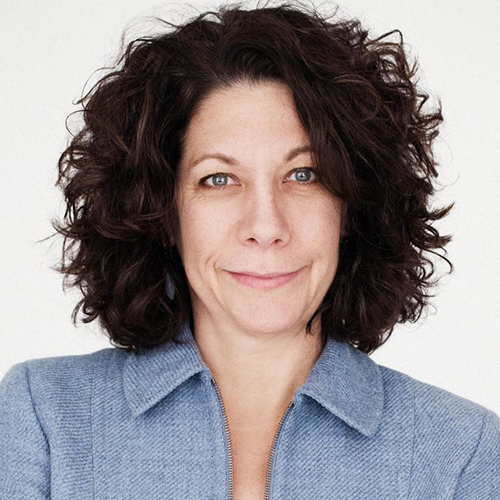
Bonnie Bassler, PhD
Professor, Princeton University and Howard Hughes Medical Institute Investigator
The Bassler lab studies cell-to-cell communication and collective behaviors in bacteria. This process is called quorum sensing. -
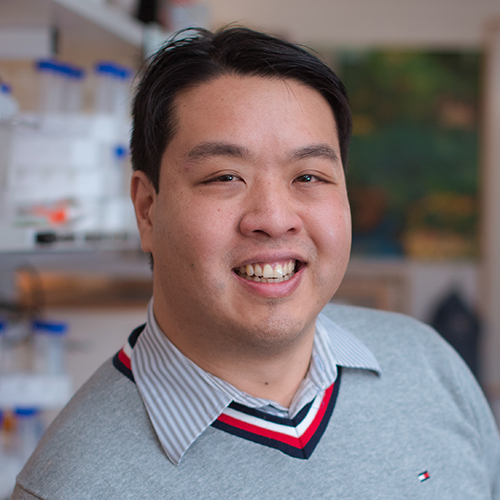
Isaac Chiu, PhD
Professor, Harvard Medical School
The Chiu laboratory combines immunology, neurobiology and microbiology to investigate how bacteria interact with nociceptors to produce pain, and how these neurons modulate the immune response during inflammation. -
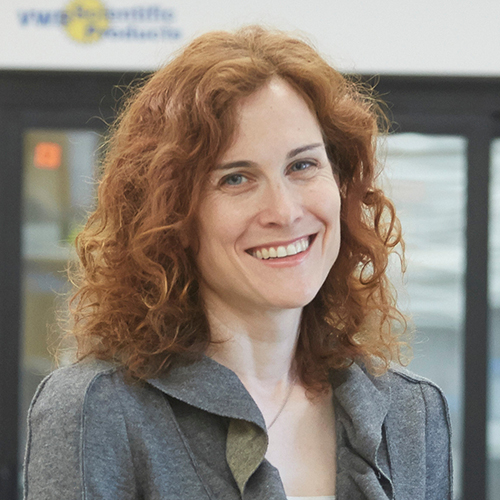
Wendy Garrett, MD, PhD
Professor, Harvard University
The Garrett lab is interested in mucosal immunology and the gut microbiota. Their studies address key questions relevant to the pathophysiology of both Inflammatory Bowel Disease and colorectal cancer. -
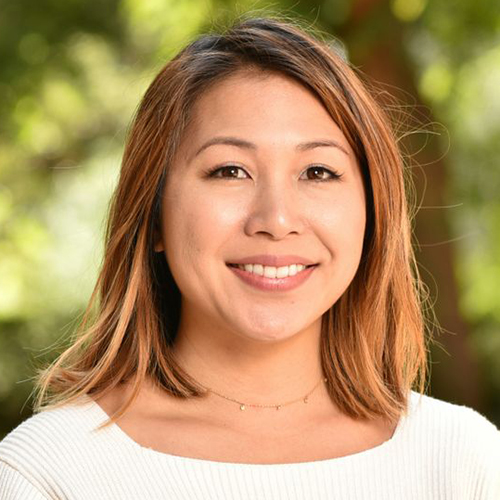
Elaine Hsiao, PhD
Associate Professor, University of California, Los Angeles (UCLA); Director, UCLA Goodman Luskin Microbiome Center
The body contains trillions of microbes that impact health and disease. The Hsiao Lab aims to understand how they influence brain and behavior.
Sign Up For Our Newsletter
Stay updated on the Kenneth Rainin Foundation and our grantees.
